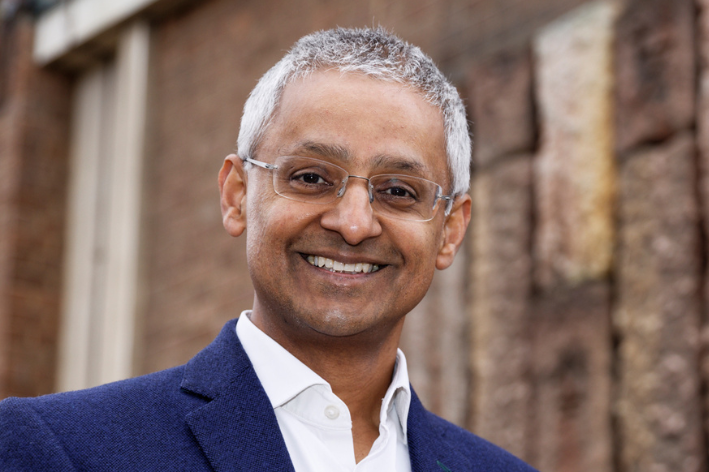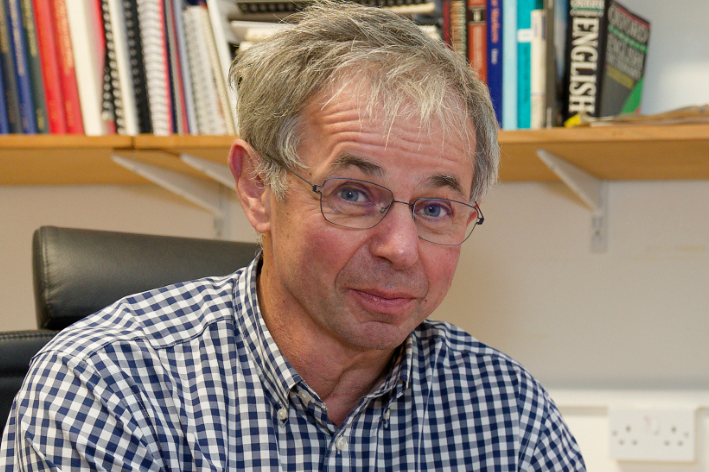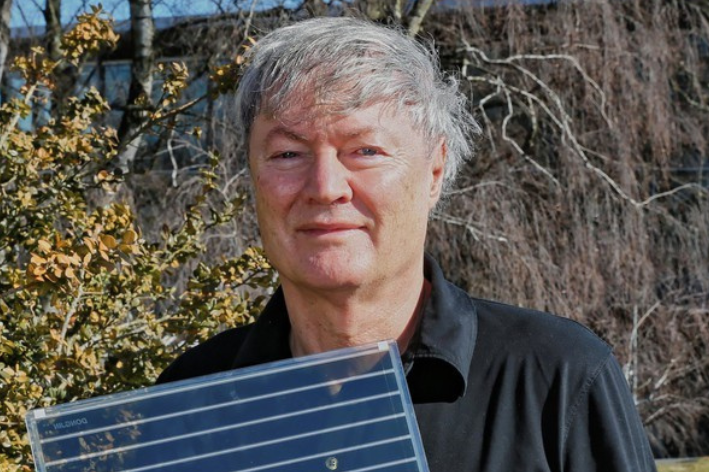The Millennium Technology Prize is the pre-eminent €1 million award focused on technological innovations for a better life. It was first awarded in 2004, and its Patron is the President of the Republic of Finland.
The prize indicates the crucial role technology and science play in solving the great challenges of the world. Adequate food, energy and materials, a clean environment, and combatting serious diseases are all issues we must not take for granted.
ERC grantees Millennium Technology laureates
Shankar Balasubramanian - Millennium Technology Prize, 2020
He won the Millenium Technology Prize for the development of revolutionary DNA sequencing techniques.
David Klenerman - Millennium Technology Prize, 2020
He won the Millennium Grand Prize for a third generation dye-sensitized solar cells.
Michael Grätzel - Millennium Technology Prize, 2010
He won the Millennium Technology Prize for a third generation dye-sensitized solar cells.




